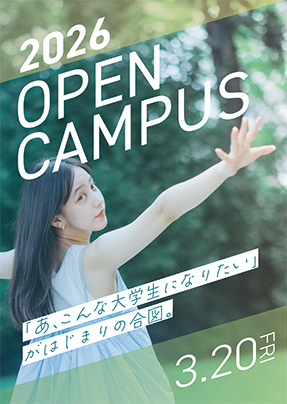Professor
Junichi Kanzaka
Kanzaka Junichi

Profile
| Specialized Field | Quantitative Economic History |
|---|---|
| Research theme | Comparative study of the development of water systems |
| Subjects in charge | Economics and History, History of Economics, Economic Development of Japan I |
| Specialized Field | Quantitative Economic History and Comparative Institutional Analysis |
|---|---|
| Research theme | Comparative Agricultural Institutions Analysis |
| research content | My research field is the socio-economic history of medieval England. My main publications include Kanzaka, J., 'Villein rents in thirteenth-century England: an analysis of the Hundred Rolls of 1279-1280', Economic History Review, vol. LV, no. 4, pp.593-618, 2002. |
| Research and Education Policy | I would like to learn the basics of comparative institutional analysis. Economic history is sometimes chosen for passive reasons, such as because one is not good at economic theory. However, after thoroughly studying microeconomics and macroeconomics, I would like to research and teach economic history as applied economics. |
| Message | If you keep trying, your abilities will definitely improve. But they will only improve slowly. |
| Research theme | Daisaku Ikeda 's Humanism |
|---|
Interview
Please introduce yourself.
I'm from Toyama Prefecture. I lived in a dormitory at Soka Gakuen for six years (9th class of junior high school, 12th class of high school). I've loved reading books since I was in college, and I have fond memories of spending all night discussing the books I read with my friends. I also loved playing the guitar and singing together after the discussion.
Please tell us about your research.
I am researching the development of irrigation and drainage systems in Japanese agriculture, comparing them with examples from other countries. In particular, I am using economics to analyze how villagers cooperated to build and maintain facilities such as irrigation channels that are used jointly by the people (called "public goods").
What kind of contributions to society do you expect as your research progresses?
I believe that this will help develop agriculture in developing countries and reduce poverty in those countries. Japan's irrigation systems are highly developed and can provide a model for agricultural development in Asia, where rice production is also thriving.
What can you learn in the seminar?
In the seminar, we take up various social issues, not limited to history, and use economics to find solutions. The "problems" are discovered by the students themselves. The themes so far have been diverse, ranging from the spread of healthy food made from soybean pulp to cleaning strategies for city toilets.
Please say a few words to all the students.
"The value of life is born only in hardship and mission." When you are young, you may have many worries. However, if you do not forget the mission you have vowed to yourself, each and every "hardship" you experience now will surely become "the value of life." Don't give up. I'm rooting for you.


